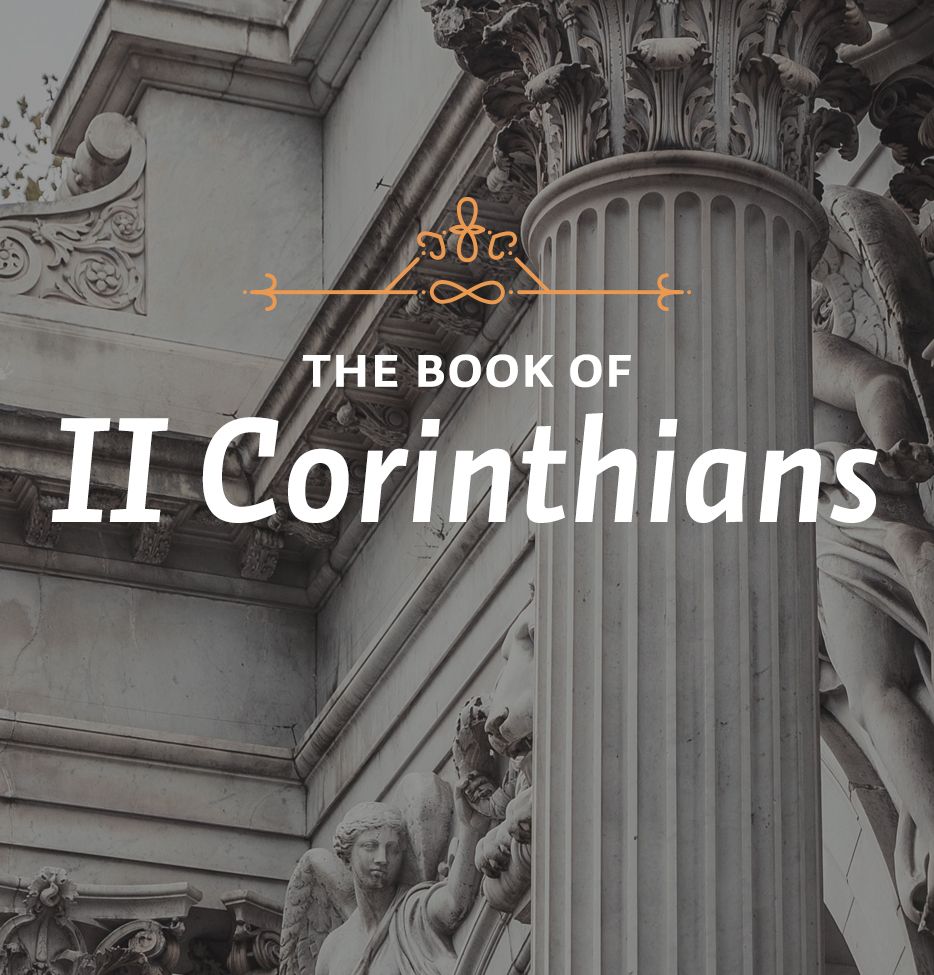Speaking the Truth Lovingly2 Corinthians 11:1-15Theme: Courageous compassion.This week’s lessons teach us how to confront sin in a caring way. LessonWhen anyone preaches a different Jesus – that is, a Jesus other than the One we find in the Gospels, or a different spirit, which has to do with the spirit of revelation, or a different gospel – a gospel other than salvation by grace received through faith in the work of Christ – it is false theology. It is false apostleship that needs to be called for what it really is.
There was a period of about one hundred years in which German scholars tried to delve beneath the surface teaching of the Gospels to find out who the Jesus that lived and died in Palestine two thousand years ago really was. What Albert Schweitzer pointed out in his book, The Quest for the Historical Jesus, was that people, as they sought to sift through the biblical material to produce the true Jesus, actually only succeeded in producing a Jesus in their own image. So if they were socialists, they tended to produce a socialistic Jesus. If they were revolutionaries, they produced a revolutionary Jesus, and so on.
That is the same thing that happens today. People ask, “What was Jesus really like?” Sunday after Sunday, hundreds, perhaps thousands, of sermons are preached, trying to get behind what the Gospels actually say in order to discover what this Jesus, who lived and died back there so long ago, really was like. This kind of speculation is a great error, a deception, and a dangerous thing in the church. There is no Jesus other than the Jesus of the Gospels. The Jesus you find there is the Jesus who lived, died, and rose again. Whenever you find somebody saying, “Let’s try to see what the real Jesus was like,” watch out, because what follows is very dangerous teaching. This is what super apostles do.
Then there is this matter of a different spirit. Now, when we think of receiving a spirit, we think of receiving the Holy Spirit. So, a “different spirit” would have to mean, in that context, a demonic spirit. This is not what Paul is talking about. He is writing to Christians. He does not mean they are demon possessed. What he is talking about here is the spirit of revelation, somebody who would say, “God told me this.” And he is saying that “if anybody comes to you with a new revelation, if anybody comes to you with a different spirit than the one you have received – as the Holy Spirit has spoken through us apostles [that is, the Gospel, which in our case now is preserved in the teaching of the New Testament] – watch out because that is a false doctrine and a dangerous thing as well.”
We have that problem today with some people in the Charismatic movement. Some of them say that the Holy Spirit gives new revelation, in other words, teaches them things that are not in Scripture. We who are in the Reformed tradition tend to be suspicious of that. We talk about counterfeit miracles and counterfeit revelation. It seems to us – and, I must admit, I have a hard time wrestling through this theologically – that if the Holy Spirit speaks through somebody today, that must be a revelation, and if it is a revelation then it should be followed. That means the canon of Scripture is not closed. God is still speaking today in a way other than Scripture. So in response, Reformed teachers generally have said, “There must not be anything like tongues, or the interpretation of tongues, or any of these other supernatural manifestations of the Spirit.”
There was a man in Philadelphia who was very influential in the Assemblies of God, a charismatic sort of congregation. He surprised me once by saying, “When we investigate young men who are coming into our church for the ministry, one of the questions we ask them is, ‘Do you believe that you can receive new revelation from God as the Holy Spirit speaks?’ If they say, ‘Yes,’ we do not ordain them.” That is good for us to hear, we who are in the Reformed camp. I said, “How can that be? What is it then that they receive when the Holy Spirit speaks?” He said, “We call it different things. We think of it perhaps as the spirit of wisdom, or interpretation, or understanding.” Now that is all right if what he meant by that is the ability to understand what Scripture says so as to preach it in a clear way to the congregation.
Study Questions
How can we determine false theology?
Why is speculation about the historical Jesus a dangerous practice?
What is indicated by those who claim that God has spoken something new?






